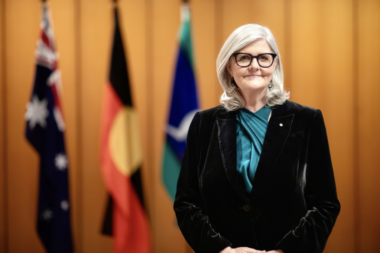Media release | Friday, 5 July 2024
Seven months after the Hill Report provided a blueprint for root and branch reform of the employment services system, the Government’s response has failed to address the harm people experience and the urgent need for change.
“The current employment services model is inflicting serious harm while failing to help 900,000 people who are unemployed find work,” ACOSS CEO Dr Cassandra Goldie said.
“While changes outlined in the May budget offered small steps in the right direction, the government has failed to take urgent action to prevent harm or provide a clear plan for badly needed reform. Today’s response is deeply disappointing.
“Nearly two-thirds of people affected have had to rely on income support for more than a year – a sign employment services aren’t working."
ACOSS will continue to seek firm commitments from the Government to end automated payment suspensions, create an independent body to lift standards, invest in a much larger national wage subsidy and work experience scheme and establish a national council made up of people using employment services to advise the Minister on reforms.
Dr Goldie said: “Automated payment suspensions repeat the failures of robodebt and should be scrapped immediately, alongside punitive and ineffective programs like Work for the Dole.
“Decisions affecting someone’s income support should involve public servants who follow a fair process taking into account a person’s circumstances.
“In the three months to December, 259,000 people were threatened with the loss of income support. Employment services went on to suspend the payments of 193,000 people.
“People were often cut off for trivial reasons such as missing appointments they didn’t know about. About one in four (24%) identified as First Nations. People with a disability (27%) were also disproportionately affected.
“An independent quality assurance body to oversee providers, including people directly affected, is essential to ensure accountability.
“Large scale vocational training and wage subsidy programs – and partnerships between governments, providers and local community services – are also needed to help people who are unemployed long-term to find paid work.
“The lack of progress on key recommendations after seven months is disappointing. The government’s response lacks the substance and ambition needed to ensure employment services work for those who rely on them.
“We also cannot expect people to afford the essentials of life or find work when they are languishing below the poverty line. It’s vital the government lift the rate of JobSeeker and related income support payments to at least the pension rate of $78 a day.”
Contact details:
Georgie Moore
0477 779 928



